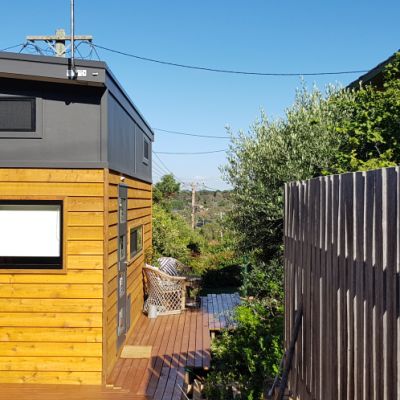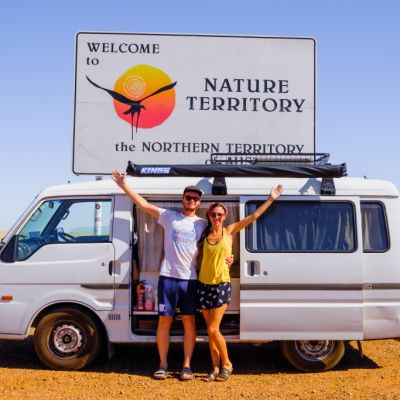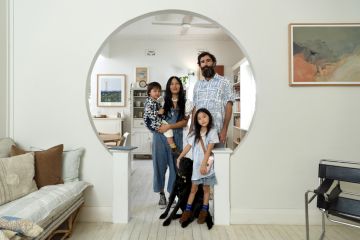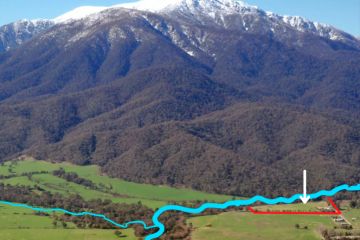The simple life: The couple who live without electricity or running water
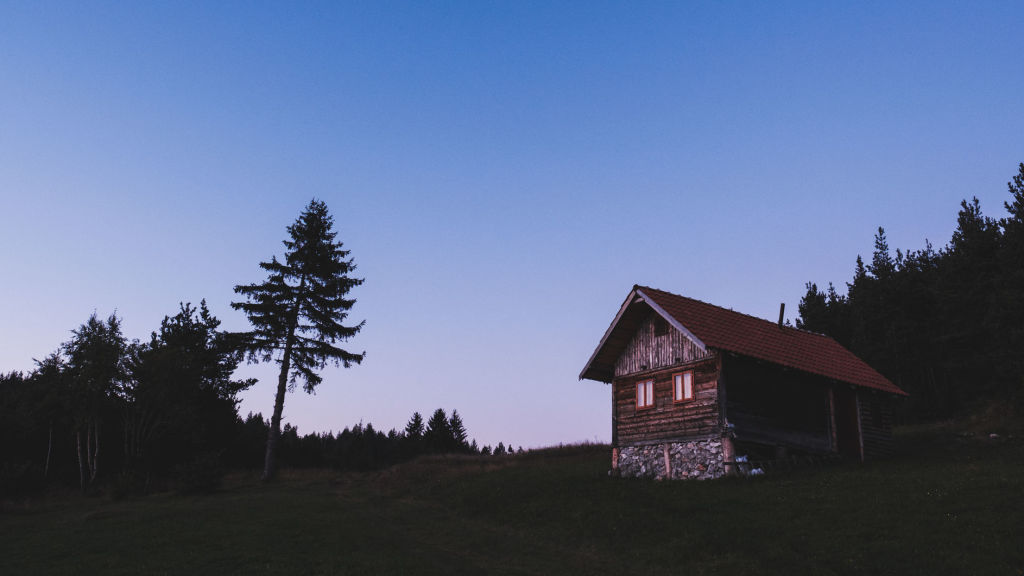
Angela Hunter, 56, and her partner Jake Arnetts, 58, had a dream to live a simpler life. This dream became Dog Leg Farm, nearly 11 hectares of wild scrubby land five kilometres outside of Braidwood.
The property doesn’t have connection to the town’s sewage, a phone line, water or electricity and their mobile phone is their only link to civilisation.
For the past three years the couple have been slowly turning the land into an organic, sustainable farm.
The farm is “off grid”, a movement which has been growing in Australia in recent years.
Properties that are off the grid do not rely on public utilities, such as the electrical grid for power. The Off Grid Living Australia Facebook page boasts over 14,000 members who regularly discuss solar panels and batteries.
For Hunter and Arnetts, their philosophy for a simpler life has meant they live without any electricity or running water.
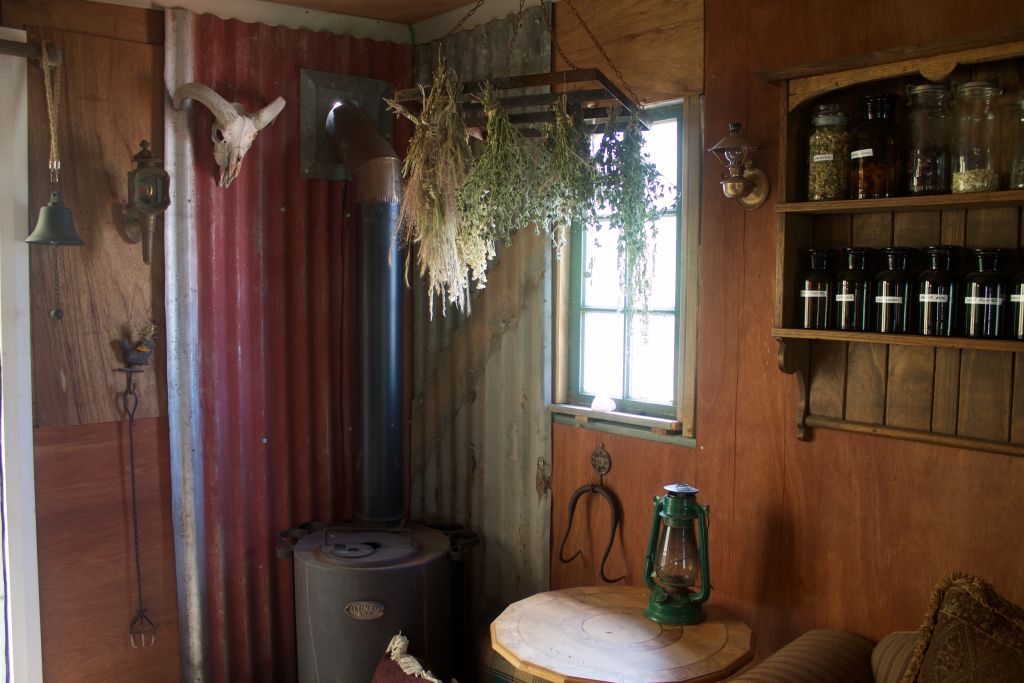
“It’s quite slow living here,” says Hunter, who used to work as a business analyst. “No shower, we bucket-wash and handwash all of the clothes – it’s a whole different world from public sector meetings in suits with briefcases.”
They have rainwater tanks and use buckets and barrels to water the garden. For drinking and cooking they filter water through ceramic filter jugs.
The sewage is composted and placed around the fruit trees, which they rely on for food, while Arnetts still works part-time as a gardener in town and uses his arborist knowledge on the farm.
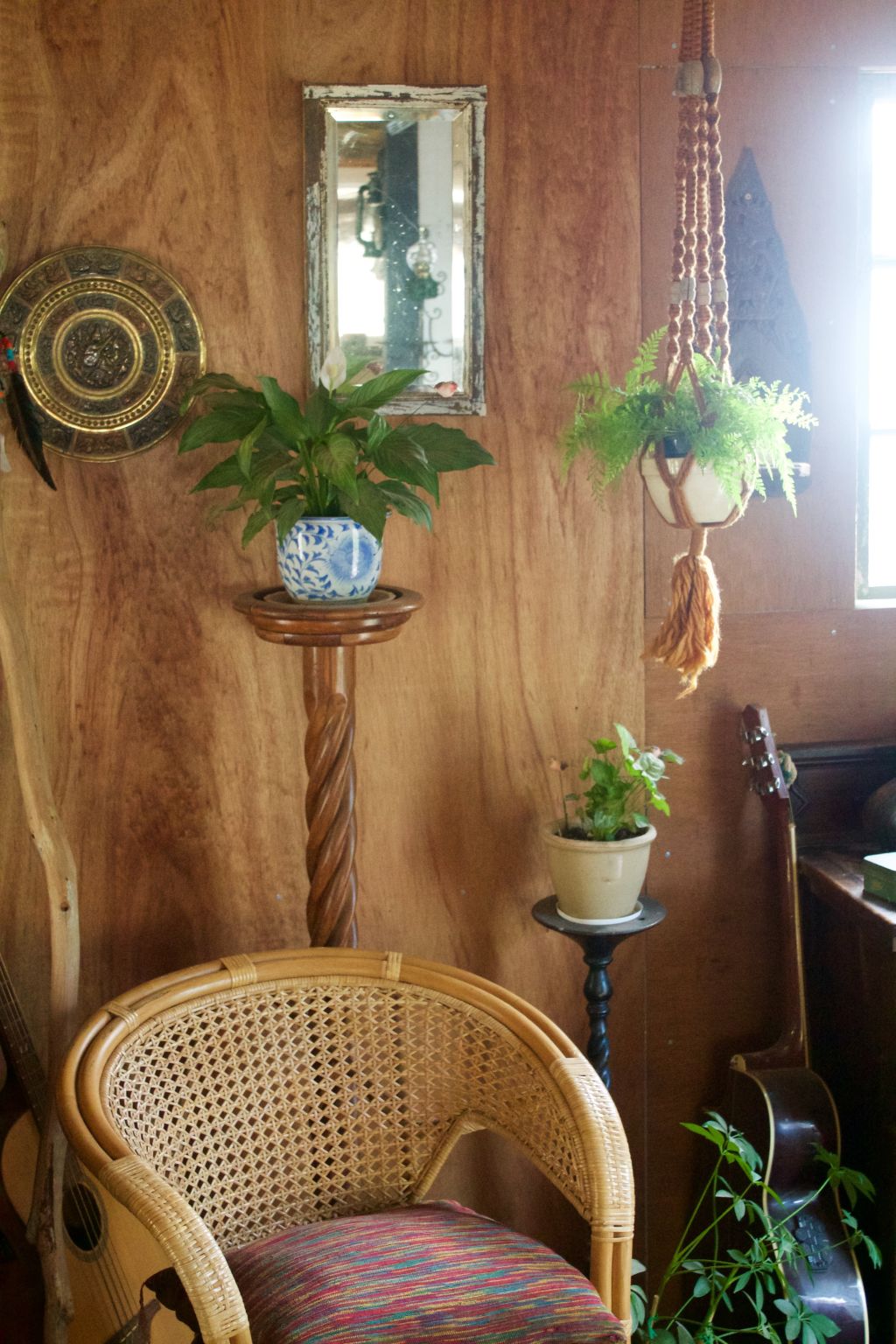
The biggest adjustment the couple made was living without electricity.
The farm has no fridge, TV, microwave or even a light switch.
For lighting, they use oil lamps, solar lamps and candles. “It’s a bit of a fairyland at night,” she says.
“We tend to live by the cycles, when it gets dark we tend to settle down and look at our phones a little and go to sleep, and wake when the sun comes up.”
They have portable mobile phone chargers that they charge at Hunter’s daughter’s house in town. “Unfortunately, we can’t be totally disconnected from society,” Hunter says.
A fridge is another “luxury” they have not missed. The couple try to eat fresh and grow their own food with an aim to be totally self-sufficient.
They don’t eat food that requires refrigeration, such as dairy, and on the odd occasions they would like a cold beer, they rely on the daughter for ice bricks for the Esky.
But most times of the year they can leave the beer outside and it cools down to an enjoyable temperature.
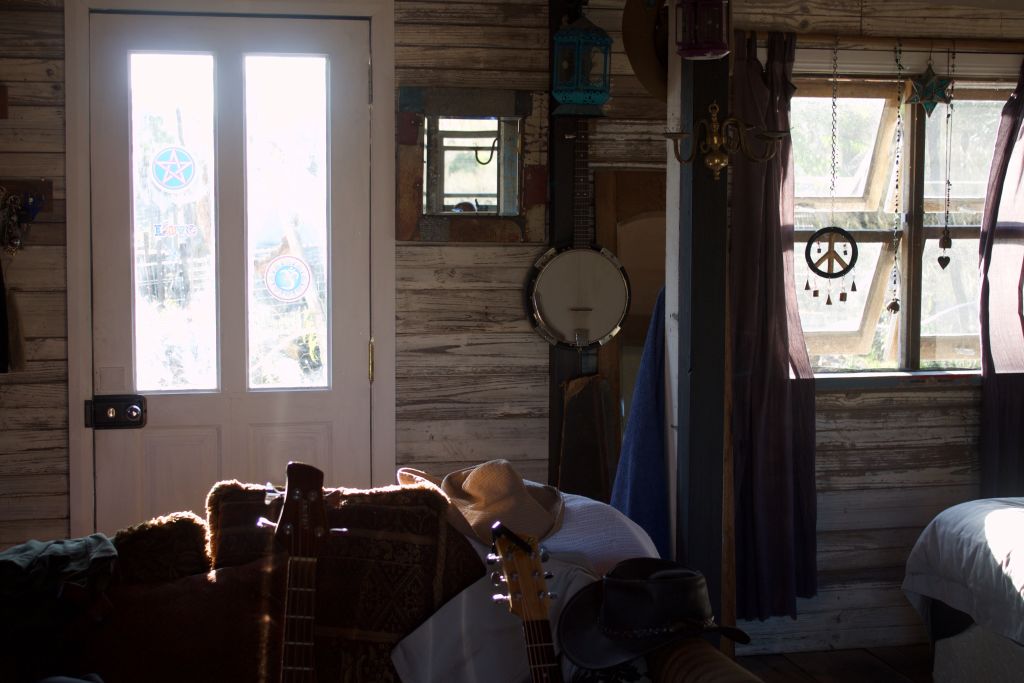
The small six metres-by-six metres square house they built is well-insulated and has a wood fireplace in winter.
The oven and stove use bottled gas. “I love to cook,” says Hunter.
Boiling water for a cup of tea can take half an hour and has forced them to do everything a lot slower in a smaller space.
They see these issues as minor, “being here overrides everything else,” she says.
But it was not all smooth sailing for the couple.
Three years ago when they first arrived at the property, they lived in a small caravan and arrived during a heatwave.
“Everything felt difficult, carting water and cooking on a tiny caravan stove after being used to a huge kitchen. The landscape was rough and wild so every step anywhere was physically difficult. It all felt hard,” says Hunter.
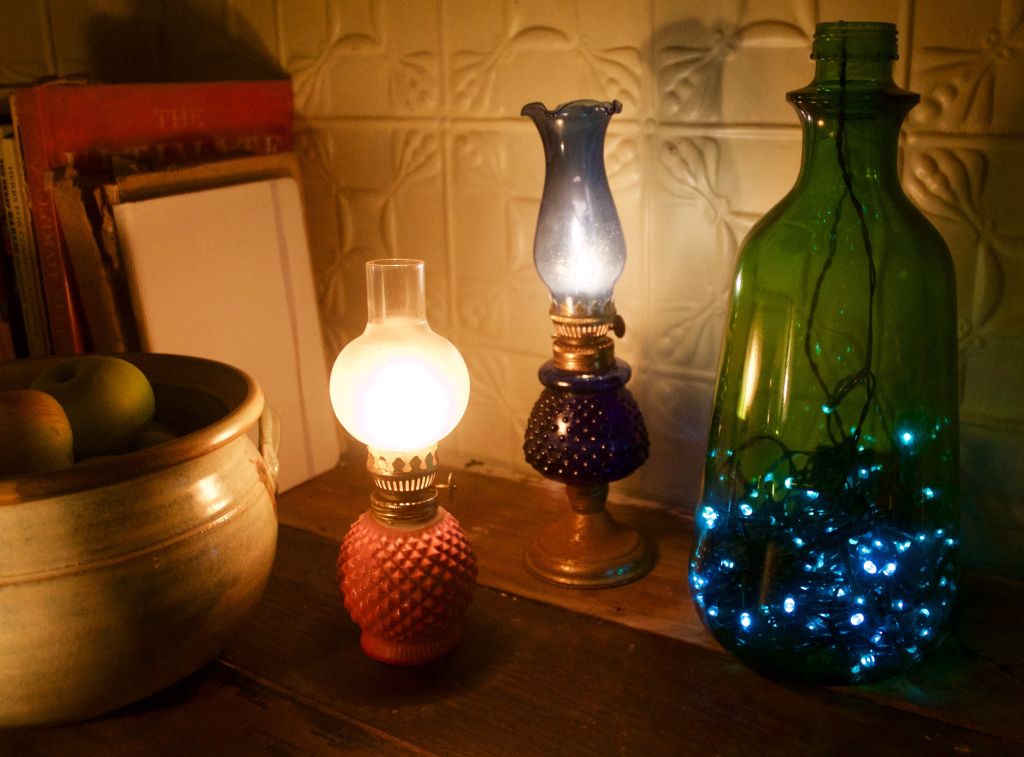
Today, Hunter and Arnetts enjoy the freedom their lifestyle offers.
They can decide if they want to paint the house, remove the weeds or do nothing at all.
The two hours’ commuting to Canberra and the stress from Hunter’s job were troubles she willingly left behind.
“I had so many health problems when I was in the public service. I was overweight, had high blood pressure and was always stressed and anxious, but now it’s like I’m 10 years younger,” she says.
Next year the couple plan to build a bigger house with solar panels on the same property. They intend on reducing their ecological footprint by using recycled material and leaving 10 hectares as dedicated habitat.
The couple also want people to learn from their farm and consider a more sustainable lifestyle.
And they don’t intend on purchasing a TV, but they are looking forward to a light switch and, possibly, a cold beer.
We recommend
We thought you might like
States
Capital Cities
Capital Cities - Rentals
Popular Areas
Allhomes
More

